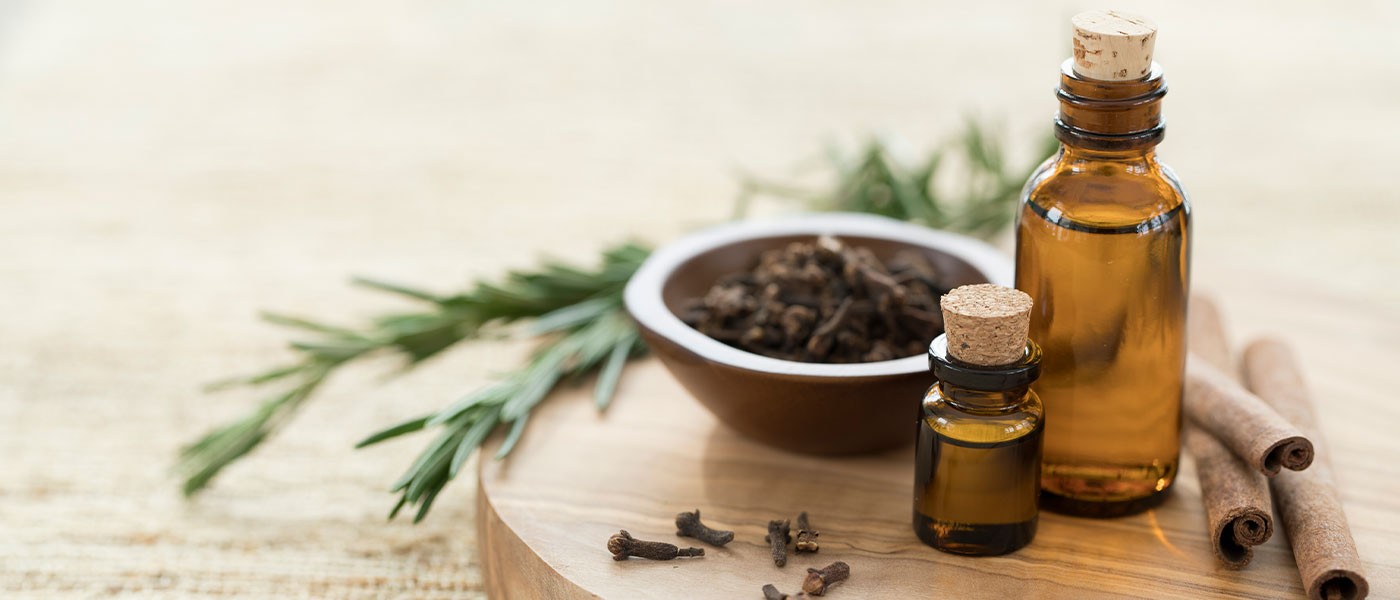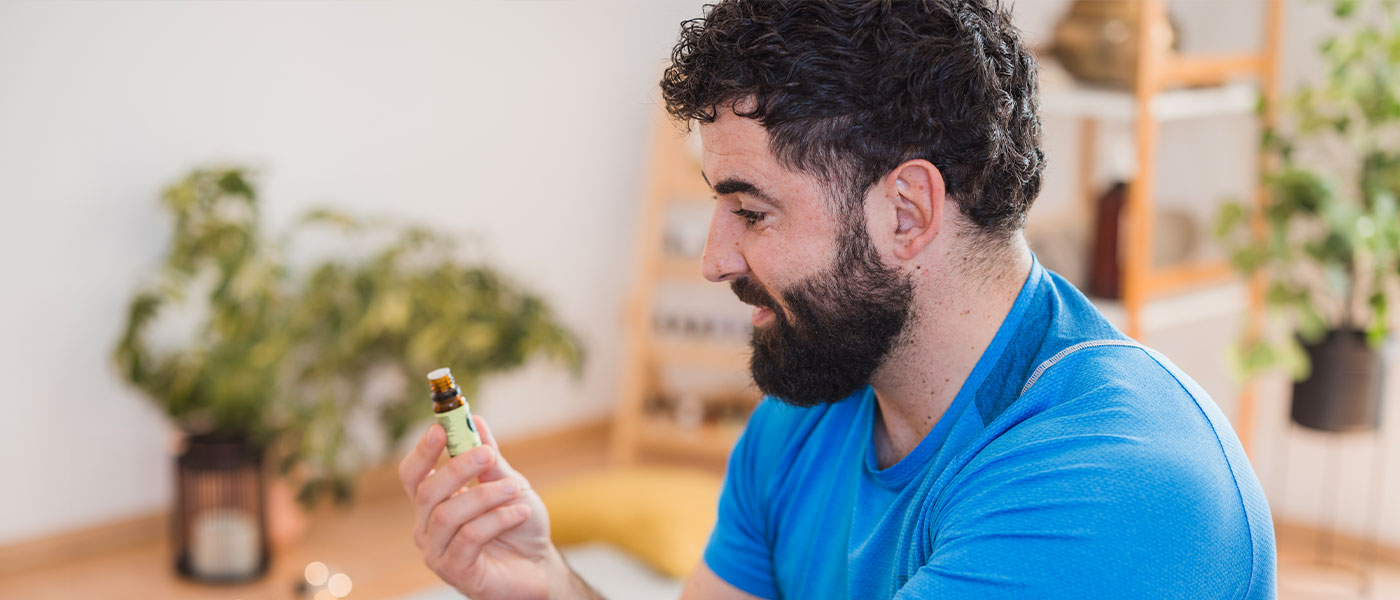
Aromatherapy, the practice of using essential oils for therapeutic benefits, has been utilized for centuries to promote physical and emotional well-being. Essential oils are derived from plants and contain natural compounds that can influence your mood, stress levels, and physiological processes. When inhaled or applied to the skin, these aromatic compounds interact with your brain's limbic system, which controls emotions, hunger, and cravings. This has led to growing interest in how aromatherapy may support weight loss.
If you're on a weight loss journey, incorporating aromatherapy as part of a holistic approach may provide additional benefits. While it should not replace evidence-based strategies like medical weight loss treatments, healthy eating, and regular exercise, aromatherapy can complement these efforts. At Genesis Lifestyle Medicine, we specialize in comprehensive weight loss solutions, including GLP-1 medications, customized meal plans, and other interventions. By integrating aromatherapy with proven strategies, you may enhance your weight loss results.

How aromatherapy may help support weight loss
It may help reduce cravings and emotional eating
One of the biggest challenges in weight management is controlling cravings. Stress, anxiety, and emotional distress can trigger the release of cortisol, a hormone that increases appetite and promotes fat storage. Certain essential oils, such as grapefruit, peppermint, and lavender, may reduce stress and curb cravings. Grapefruit essential oil, in particular, contains limonene, a compound that may help suppress appetite and support fat metabolism. Inhaling these oils before meals or during moments of stress can help you regain control over impulsive eating.
It may improve mood and reduce stress
Many people turn to food for comfort when experiencing stress, anxiety, or depression. Aromatherapy can help by promoting relaxation and boosting mood through its influence on neurotransmitters like serotonin and dopamine. Essential oils such as bergamot, ylang-ylang, and chamomile have calming properties that may help reduce stress-related eating. By creating a calming atmosphere, you may be less likely to reach for unhealthy comfort foods.
It may amplify the effects of GLP-1 weight loss medications
GLP-1 receptor agonists, such as semaglutide and tirzepatide, have revolutionized medical weight loss by helping to regulate appetite and improve blood sugar control. These medications work by slowing digestion, increasing feelings of fullness, and reducing cravings. Aromatherapy may further enhance these effects by supporting relaxation, reducing stress-induced cravings, and promoting mindful eating. For example, combining GLP-1 therapy with aromatherapy may make it easier to stay on track with dietary goals.
It may boost metabolism and energy levels
Some essential oils, such as black pepper, cinnamon, and ginger, are believed to have thermogenic properties, meaning they may help increase metabolism and fat-burning potential. Inhaling or applying these oils before exercise can help improve circulation and energy levels, making it easier to stay active. Peppermint oil has been shown to enhance performance and reduce perceived exertion during workouts. By using these oils, you may be able to maintain a higher level of physical activity, which is essential for long-term weight loss.

Other proven strategies to support weight loss
Consider GLP-1 weight loss medications
If you've struggled with traditional weight loss methods, GLP-1 receptor agonists like semaglutide (Wegovy, Ozempic) or tirzepatide (Mounjaro, Zepbound) may help. These medications mimic a natural hormone in your body that helps regulate blood sugar and appetite. By slowing down digestion and promoting a feeling of fullness, GLP-1 medications can help you eat less without feeling deprived. Individuals using GLP-1 medications can achieve significant weight loss, particularly when combined with healthy lifestyle changes.
Follow a balanced, protein-rich diet
Proper nutrition is the foundation of any successful weight loss plan. A diet rich in lean protein, fiber, and healthy fats can help stabilize blood sugar levels and keep you feeling full longer. Foods like chicken, fish, tofu, legumes, and nuts provide essential nutrients while reducing hunger. Additionally, limiting processed foods, refined sugars, and excessive carbohydrates can help regulate insulin levels and prevent energy crashes.
Engage in regular physical activity
Exercise is essential for burning calories, building lean muscle, and maintaining metabolic health. A combination of cardiovascular exercise (such as walking, cycling, or swimming) and strength training can help improve overall fitness and enhance weight loss results. Even small, consistent changes—like taking the stairs instead of the elevator or going for short walks throughout the day—can add up over time.
Prioritize sleep and stress management
Lack of sleep and chronic stress can sabotage weight loss efforts by increasing hunger hormones and reducing metabolism. Poor sleep quality has been linked to weight gain, as it disrupts the balance of leptin and ghrelin, two hormones that regulate appetite. Prioritizing seven to nine hours of restful sleep each night and managing stress through mindfulness, meditation, or aromatherapy can help create an optimal environment for weight loss.
Stay hydrated and support digestion
Drinking plenty of water is essential for metabolism and appetite regulation. Sometimes, feelings of hunger are actually signs of dehydration. Herbal teas, infused water, and electrolyte-rich beverages can help keep you hydrated and support digestion. Additionally, probiotics and fiber-rich foods like yogurt, kefir, and vegetables can promote gut health, which is increasingly recognized as a key factor in weight management.

Take a holistic approach to weight loss
Aromatherapy is a promising complementary tool for weight management. By helping curb cravings, reducing stress-related eating, and boosting energy levels, essential oils can enhance your weight loss journey. However, they should be used in conjunction with effective medical interventions like GLP-1 weight loss medications, balanced nutrition, and regular exercise.
At Genesis Lifestyle Medicine, we are dedicated to providing personalized weight loss solutions, including medical treatments and holistic support strategies. If you're looking to optimize your weight loss journey, our team can guide you through evidence-based options tailored to your needs. Contact us today to learn more about how we can help you achieve your goals.



